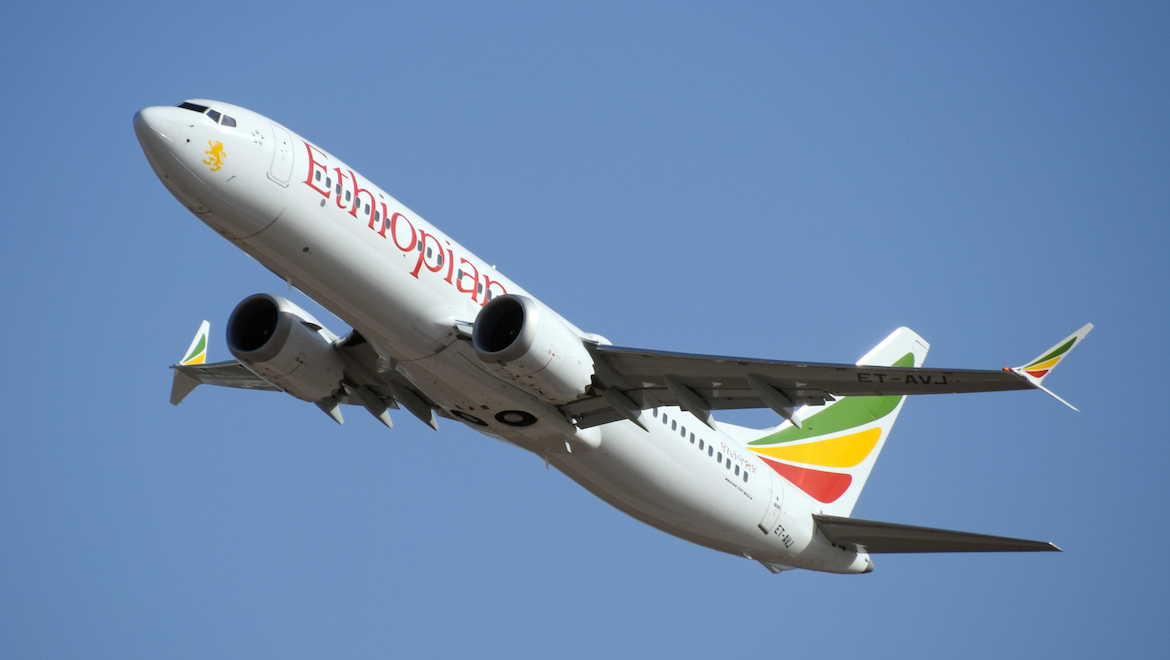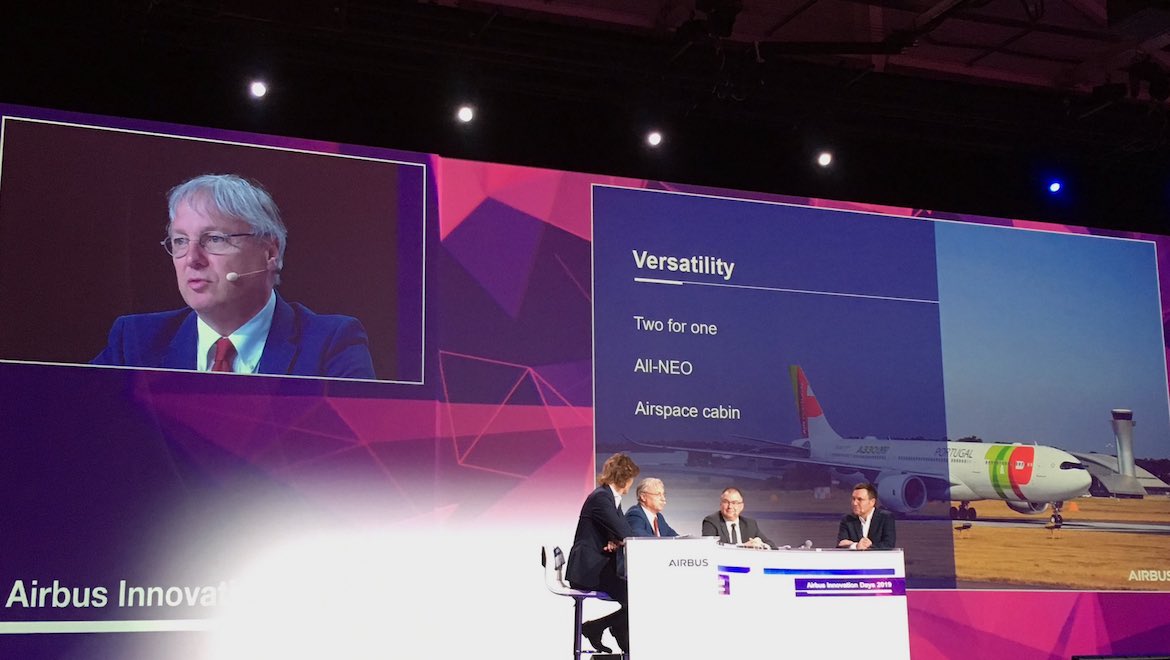
The possibility of bird strike interfering with faulty sensors that caused the fatal Ethiopian Airlines Boeing 737 MAX 8 crash has been raised in a Wall Street Journal (WSJ) report.
The newspaper said a month after faulty sensor data caused a Lion Air 737 MAX 8 jet to crash in Indonesia, Boeing vice-president of product strategy Mike Sinnett raised and dismissed the possibility of a bird collision triggering such an event during a meeting with American Airlines staff.
According to a recording of the meeting seen by the WSJ, Sinnett told the pilots he was “absolutely” confident that heightened pilot awareness following the Lion Air disaster had further reduced the chances of another accident.
Now, the WSJ said unnamed US aviation officials were investigating whether a bird strike caused erroneous input to set off Ethiopian Airlines’ autopilot anti-stall Manoeuvering Characteristics Augmentation System (MCAS) after the plane crashed in March, killing all 157 on board. At issue is whether the MCAS system might have been reacting to faulty information from sensors damaged by a bird strike.
Boeing has stated publicly that the Ethiopian Airlines plane had faulty angle of attack (AOA) sensors that forced the nose of the plane down shortly after take-off, with pilots being unable bring the aircraft level. Also, the manufacturer has acknowledged previously that MCAS was activated in response to erroneous AOA information in both the Ethiopian Airlines and Lion Air tragedies
Ethiopian Airlines said its preliminary investigations found no evidence of any foreign object damage on the sensor.

Singapore Airlines tight-lipped on MAX
About 30 airlines around the world have been forced to adjust their operations following the global grounding of the 737 MAX by regulators.
One of those is Singapore Airlines (SIA), whose regional wing SilkAir has six 737 MAX 8 aircraft in its fleet and a further 31 on order. It had been expected to receive nine more 737 MAX aircraft in the current financial year, which ends on March 31 2020.
SIA chief executive Goh Choon Phong said the 31 aircraft order remained intact when asked during the airline group’s full year results briefing with analysts and media on May 16 if he was in discussions to either revise or not fulfil the order.
“If there is any decision that we have taken that would change that, you’ll certainly get to hear about it,” Goh said, adding that the airline had discussions with OEMs (original equipment manufacturer) all the time, but never disclosed the content of those discussions.
Likewise, when asked about compensation for the grounding of the 737 MAX, Goh offered the same response – that the airline did not discuss or disclose any commercial discussions.
Questioned whether the certification process for the 737 MAX 8 would potentially impact the delivery schedule of Singapore Airline’s 20 Boeing 777-9 delivery, he said that was a question that had to be asked of Boeing.
“We have received no advice from Boeing that it will be impacted,” Goh said, according to a transcript of the briefing published on the Singapore stock exchange website.
On the grounding of 737 MAX 8 aircraft being lifted Goh said: “We’ll have to see when it is lifted because it involves many civil aviation authorities.”
He said, for instance, that if at some some point the ban was lifted by the Singapore Civil Aviation Authority (CAAS) but was not lifted by other authorities in Indonesia or in China, that meant SilkAir could not operate the 737 MAX 8 to those destinations, and that would severely limit the ability for the carrier to deploy the type.
“In such cases, there’s a big question mark, wouldn’t you say, on whether or not we should actually therefore operate at that point in time when it is lifted in Singapore,” Goh said.
“There are lots of considerations, so I wouldn’t speculate. I would have to watch how it develops and we will then address that issue as it comes along.”
Asked how SIA would go about marketing and branding the 737 MAX or convincing the consumer that it was safe to fly again, Goh said: “It is an evolving situation. Boeing has to address those concerns, not just through the authorities but also be able to address the concerns of pilots who are going to fly the plane – and certainly the public as well.”
“We’ll have to see how things develop and we’ll make a decision accordingly.”
SIA reported net profit for the 12 months to March31 2019 of S$683 million, down 47.5 per cent from the prior corresponding period amid higher fuel prices, overcapacity in some markets and operational challenges.

Airbus reflects
At the Airbus Innovation Days media briefings in Toulouse on Tuesday (European time) Airbus chief commercial officer Christian Scherer said the 737 MAX grounding had not had an impact on the market because supply and demand was “a pretty set situation for several years ahead”.
“Nor has it changed anything to the commercial behaviour of Airbus,” Scherer said.
“I think we should resist the temptation to see a correlation there which isn’t there.”
“On March 9 the supply and demand situation was the same as March 12.”
“I wish I had more airplanes to sell right now. Our product strategy is not correlated to the current Boeing situation. I want to underline that forcefully.”





